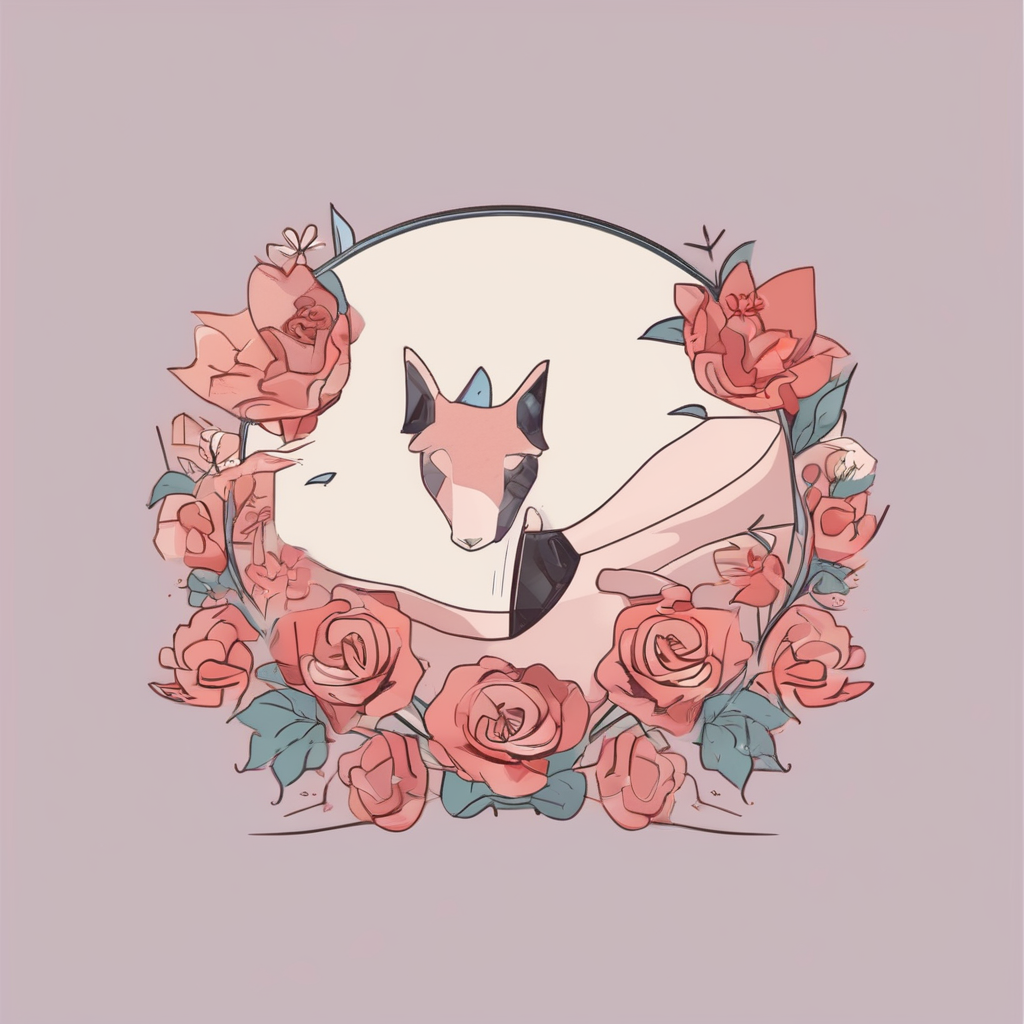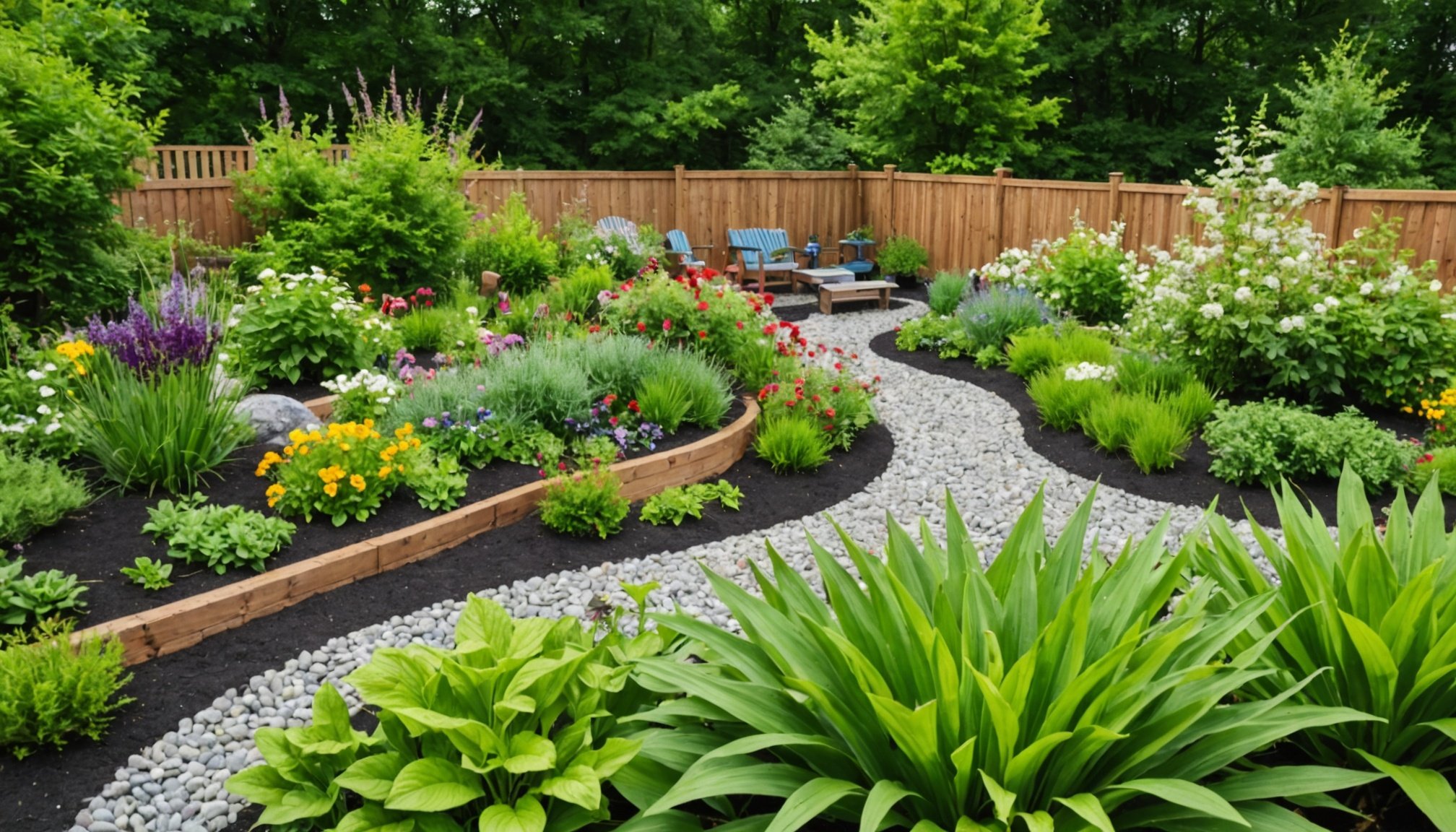In the ever-evolving quest for sustainability, creating a garden that not only flourishes but also minimizes impact on the environment is a rewarding endeavor. By utilizing recycled materials, we not only breathe life into unused objects but also contribute to a circular economy, reducing waste and conserving natural resources. This article guides you through innovative and environmentally-conscious methods to transform your gardening practices, ensuring that your little patch of green thrives sustainably.
Innovative Recycling Ideas for Your Garden
Adaptability and creativity are key when it comes to integrating recycled materials into your garden. Everyday objects, often overlooked as waste, can serve as the foundation for remarkable gardening transformations.
Have you seen this : What are the environmental benefits of planting trees in my backyard?
Upcycled Planters
Why invest in new planters when timeless treasures might be hidden in your own storage? Empty plastic bottles, tin cans, and even used shoes can serve as unique plant containers. Drill drainage holes at the bottom of these vessels, fill them with nutrient-rich soil, and watch your favorite plants thrive within their novel homes.
Furniture Elements
Old furniture can find a new lease on life in your garden. Convert wooden pallets into rustic garden benches or tables. These elements not only add charm but also provide functional furniture that complements the greenery.
Topic to read : What features should I consider when building a wildlife-friendly garden?
Creative Borders and Edging
Discarded bricks or stones can form the perfect border for garden beds. These recycled materials not only define your garden space but also add an organic touch, harmonizing with the surrounding plants.
Water Conservation Techniques
Water is a crucial element in gardening, and recycled ideas can help conserve this precious resource. Consider setting up a rainwater harvesting system using old barrels or containers. By collecting runoff water, you ensure a sustainable and eco-friendly irrigation method.
By embracing these ideas, your garden is not merely a place of growth but a testament to the beauty of creative recycling.
Composting: Turn Waste into Resource
A sustainable garden thrives on the synergy between soil health and plant vitality. Composting plays an essential role in this relationship, transforming organic waste into nutrient-rich matter that enhances soil quality.
The Basics of Composting
Composting is the natural process of recycling organic matter, such as leaves and food scraps, into valuable fertilizer. Start by designating a small area in your garden for a compost pile or bin. Add layers of greens (like fruit scraps and grass clippings) and browns (like twigs and dead leaves) to create a balanced compost.
Benefits of Composting
This process not only reduces waste but also enriches the soil, improving its structure and fertility. By retaining moisture, compost reduces the need for excessive water use, fostering a healthier plant environment.
Employing Recycled Materials in Composting
Use old plastic bins or containers that you might otherwise discard. These can be transformed into effective composting systems with minimal effort. By drilling holes in them for aeration and placing a lid on top, you create an efficient, eco-friendly composting solution.
Through composting, you transform what was once discarded into a resource that fuels your garden’s growth, embodying the principles of sustainability and waste reduction.
Sustainable Soil Practices
Maintaining healthy soil is vital for a flourishing garden. Sustainable practices ensure that the plants grow robustly while minimizing environmental impacts.
Enriching Soil with Recycled Materials
Simple amendments can enhance soil health, such as incorporating crushed eggshells as a natural calcium booster or using compost derived from household waste. These organic elements improve the soil’s fertility and structure, promoting better plant growth.
Using Mulch Wisely
Old newspapers and cardboard can be shredded and used as mulch. This recycled mulch helps retain water, reduces weed growth, and eventually decomposes, adding organic matter back into the soil.
Recycled Landscape Fabrics
Opt for recycled landscape fabrics instead of purchasing new ones. These fabrics suppress weeds while allowing nutrients and water to permeate the soil, enhancing plant health without adding to landfill waste.
Organic Amendments
Incorporating natural amendments like coffee grounds and used tea bags can acidify the soil, creating a more favorable environment for acid-loving plants. By using what once seemed like kitchen waste, you provide nourishment to your garden in a sustainable manner.
Through these practices, the garden becomes a self-sustaining ecosystem, thriving on recycled materials and conscious stewardship of soil and water resources.
Eco-Friendly Planting Techniques
Choosing the right plants and employing eco-friendly gardening techniques can significantly impact your garden’s sustainability.
Select Native Plants
Adapting to local climates, native plants require less maintenance and water, reducing your garden’s ecological footprint. By opting for species that are indigenous to your area, your garden sustains itself and supports local wildlife.
Companion Planting
This technique involves planting different species together to benefit each other. For instance, growing plants that naturally repel pests next to vegetables can reduce the need for chemical interventions.
Recycled Plastic for Seed Starters
Utilize yogurt cups or other small plastic containers for seed starting. Once the seedlings are ready to be transplanted, these containers can be cleaned and reused, reducing waste.
Water-Smart Gardening
Drip irrigation systems made from recycled hoses or pipes can efficiently deliver water directly to the plant roots. This method conserves water and ensures that it reaches where it’s needed most.
By adopting these techniques, your garden becomes an eco-friendly haven, demonstrating that even small changes can lead to significant environmental benefits.
As stewards of the environment, it is our privilege—and responsibility—to cultivate spaces that reflect sustainability and resourcefulness. By integrating recycled materials and eco-friendly practices into our gardening endeavors, we create gardens that are not only visually appealing but also a testament to innovation and environmental consciousness. Each step, from repurposing waste to nurturing the soil and selecting plants, contributes to a healthier planet. Embrace these methods and inspire others, knowing that your garden is a living, breathing example of sustainable harmony.











